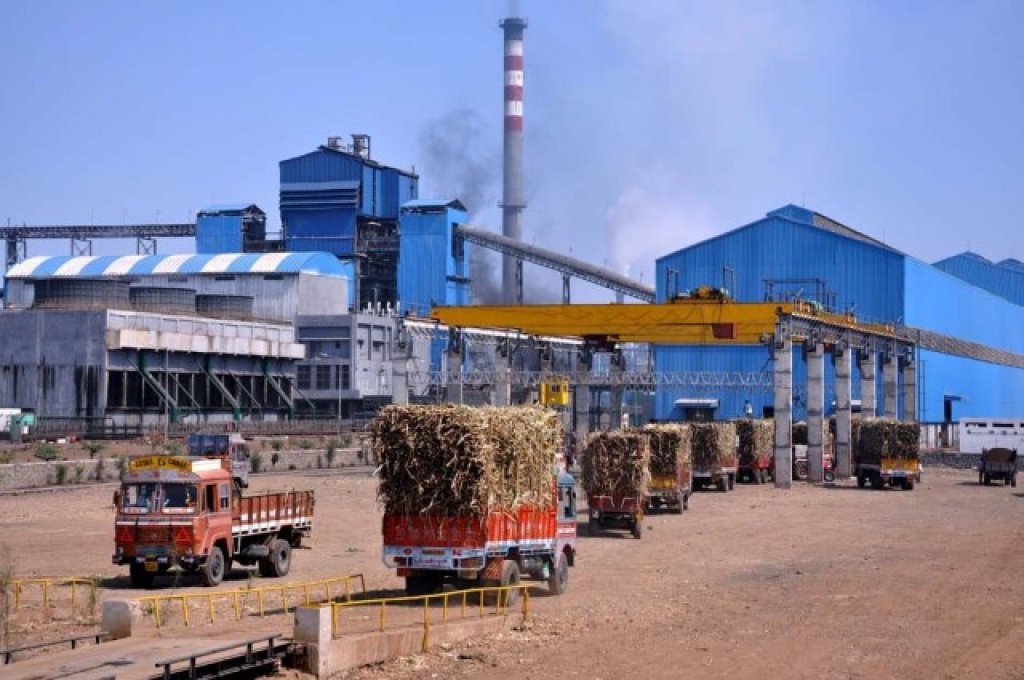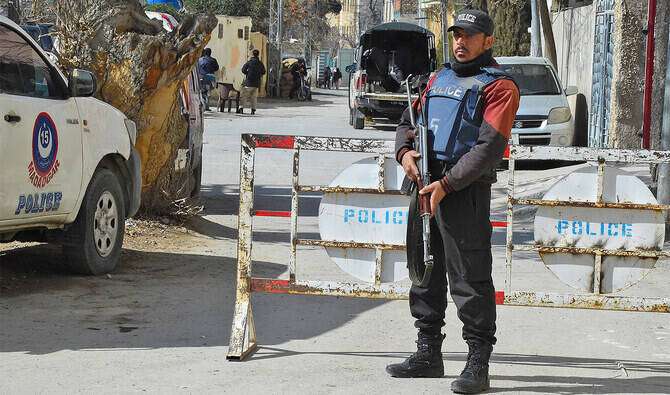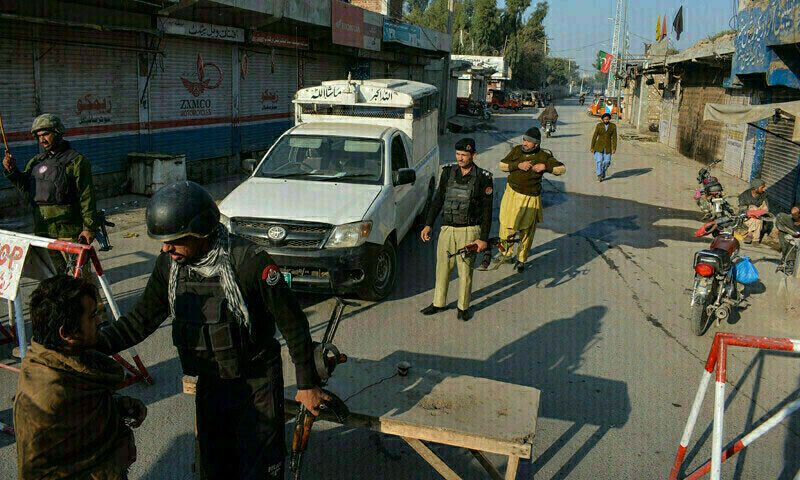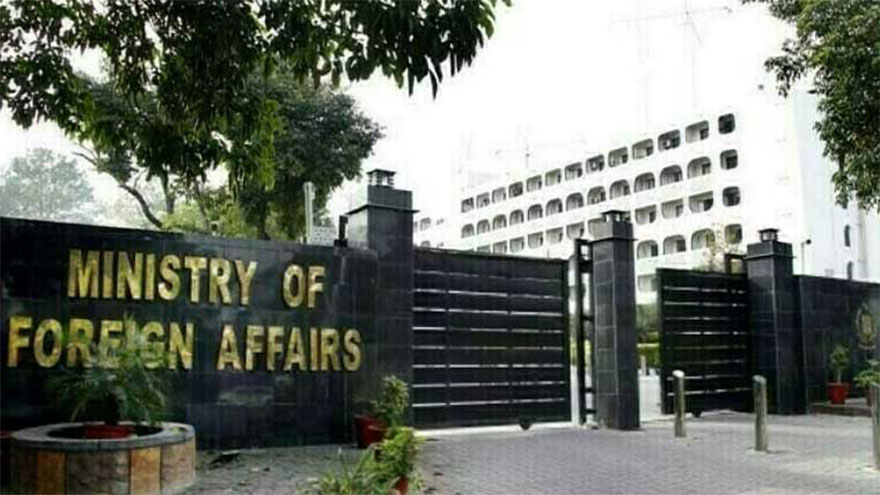Pakistan is reeling from the impact of torrential monsoon rains and floods that have claimed over 700 lives nationwide, with the death toll continuing to rise.
The destruction has prompted a swift response from the government, including the establishment of the Prime Minister’s Relief Fund for flood, earthquake, and other calamities.
However, the initial directive requiring cabinet members to contribute one month’s salary to the fund has been withdrawn, although other government officials will still contribute.
Prime Minister Shehbaz Sharif, while visiting flood-affected areas in Buner, Khyber Pakhtunkhwa, expressed deep regret that lessons from the devastating 2022 floods had not been learned. He sharply criticized the unregulated construction in flood-prone zones, blaming it for exacerbating the damage caused by the current floods.
He termed the building of houses and hotels on riverbanks and floodplains a “human blunder” and directed federal and provincial authorities to formulate policies to ban future construction in such hazardous areas.
He announced a meeting with chief ministers and chief secretaries to coordinate disaster preparedness, reforestation, and construction regulations.
The PM also announced immediate relief measures, including the restoration of electricity in affected districts, prioritizing Gilgit-Baltistan and Khyber Pakhtunkhwa. He emphasized the crucial role of deforestation in worsening the floods and called for a national movement to combat indiscriminate tree-cutting.
The PM lauded the efforts of the KP government, the Pakistan Army, and relief organizations in assisting victims. He highlighted the dual challenge of external threats and natural disasters facing the country, commending the security forces for their service. The financial impact of the floods is significant, with reports of billions of rupees in trade losses in Karachi alone.
The PM’s relief fund aims to address the immediate humanitarian needs and support the long-term rehabilitation of affected communities. However, the ongoing crisis underscores the urgent need for comprehensive reforms to prevent future tragedies, focusing on improved disaster preparedness, sustainable infrastructure development, and strict enforcement of building regulations.







